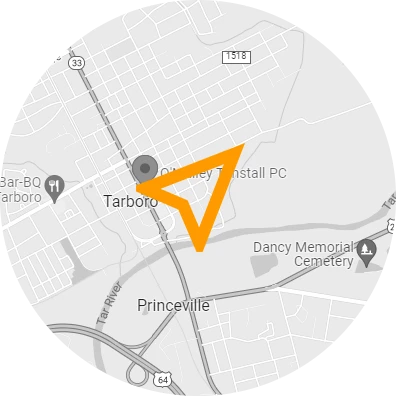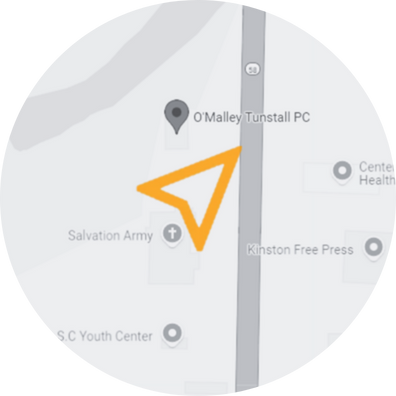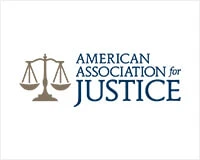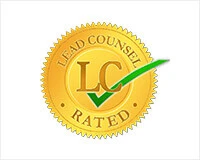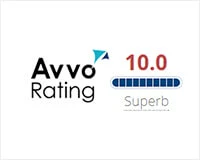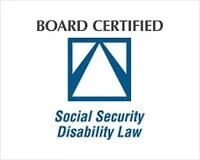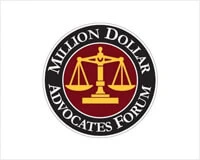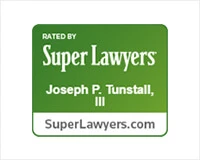
What is Driver Negligence and Why is it Important to Your Car Accident Claim?
Every driver on the road in North Carolina has a certain responsibility not to bring harm upon those they share the road with. This duty of care should not be violated. Negligence suggests that an at-fault party did not adhere to their responsibilities as a safe driver, disobeyed the rules of the road, or behaved recklessly while operating their motor vehicles. As a result of driver negligence, harm befell other motorists, pedestrians, cyclists, or other parties in the collision. If this harm resulted in personal injury, economic damages, or a wrongful death, the wronged parties may be able to pursue compensation for their damages and other losses.
While this all may seem pretty straightforward, it can be difficult to prove. This is not least of all because of the state’s contributory negligence laws, which make the accident victims vulnerable to the possibility of not recovering compensation for their injuries.
We suggest that you seek legal help to assist you with filing your NC car accident claim. Contact us for a free case review.
What Are Examples of Negligent Driving?
Examples of negligent driving include the following:
- Aggressive driving.
- Distracted driving.
- Driving at excessive speeds.
- Driving under the influence of marijuana, stimulants, or other drugs.
- Drowsy driving and driver fatigue.
- Drunk driving.
- Eating while driving.
- Failure to yield to the right of way.
- Night driving without headlights.
- Personal grooming while driving.
- Racing.
- Reckless driving.
- Running a red light or stop sign.
- Tailgating and driving too close to other motorists.
- Talking to passengers in the backseat while driving.
- Texting while driving.
- Unsafe lane changes.
- Violating traffic signals.
How to Prove Negligence in Car Accident Cases?
To prove driver negligence, it is necessary to build a strong personal injury case. This is more easily accomplished with the help of car accident attorneys. Our law firm would be proud to lend our legal guidance to you as you pursue compensation for your personal injury claim.
It is necessary to prove that negligence rests on the shoulders of the other parties and not your own. This can be accomplished by gathering the necessary evidence to support your claim. Valuable evidence for your personal injury claims may include medical records (including medical records from before the time of the car collision), police reports, eyewitness testimonies, auto accident reconstructionist testimonies, photographs of the accident scene and your injuries, and the comments made by the accused driver involved in the car wreck.
What Type of Damages Can You Recover in a Car Accident Case?
It is possible to recover both economic and non-economic damages to help compensate you for your losses.
Economic damages may include:
- Funeral and burial expenses. In the tragic outcome of a fatal car collision, you may seek compensation by filing a wrongful death claim with the help of your lawyers. Additionally, you may seek a settlement for any relevant funeral, memorial, or burial cost that was the result of the fatal accident.
- Lost income earning capacity. Some accident injuries rob us of our ability to do the daily tasks that we previously performed with relative ease. If a car crash causes physical or mental injuries that make your ability to do your job at your current place of employment impossible, you may potentially be compensated for lost income earning ability.
- Lost wages. If your injury or totaled motor vehicle caused you to miss work, you should be compensated for your lost income. It is not your fault that you suffered a car accident, so you should not suffer lost wages because of missing work.
- Medical expenses. After a car accident, it is likely that you would need to seek immediate medical attention for your injuries. You shouldn’t be responsible for the cost of medical treatment. It is possible to recover a settlement for past medical bills, physical therapy bills, ER visits, surgeries, prescription drugs, and future medical expenses.
- Property damage. It is highly likely that your motor vehicle suffered damage as a result of your car accident. It should not be your responsibility to pay for repairs or replacement vehicles. With a strong car accident case, it is possible to secure financial recovery for property damage.
Non-economic damages may include:
- Disability or disfigurement. While personal injury claims can seek economic damages for medical bills, physical therapy costs, and home care remedies, they may not necessarily address the emotional toll on an individual caused by their new disabilities or disfigurement. Your lawyers can seek non-economic damages for the emotional pain of disability or disfigurement.
- Lost companionship or consortium. If you lost your loved one, nothing can fill that void. Justice will be delivered with a financial settlement.
- Lost quality of life. If your car accident resulted in horrific changes to your life, such as debilitating injuries or the loss of a loved one, it may be possible to seek compensation for these losses. It is difficult to calculate and quantify the loss of an individual’s quality of life, but your lawyers will attempt to see that you are adequately compensated.
- Pain and suffering. You may be eligible for financial recovery if you suffered emotional distress or mental anguish because of your car accident and any associated injuries. Pain and suffering, as well as any other psychological trauma, is often difficult to prove in a court of law. Whereas your physical injuries may be right on the surface, your mental trauma is something that not everyone can see. Retain professional legal counsel if you are in pursuit of non-economic damages for pain and suffering.
- Wrongful death. In the event of fatal car accidents, it is possible to pursue compensation for the loss of your loved ones. Wrongful death cases are among the most emotionally difficult cases for clients and lawyers alike. If you are looking to file a wrongful death claim after a fatal car crash, please contact our law firm for a free consultation with our compassionate legal team.
Can You Recover Punitive Damages for a Car Accident Case in NC?
It is possible, though difficult, to recover punitive damages for your car accident case. To do so, you must prove that the defendant acted in a willful manner of wanton recklessness or malicious intent.
There is a cap on punitive damages. You may either recover three times the amount of your compensatory damages or $250,000, whichever is greater.
Is North Carolina a Contributory Negligence State?
North Carolina is a contributory negligence state. Whereas in comparative negligence states a partially negligent party may still be able to recover compensation (though this compensation may be reduced because of their negligence), the same cannot be said for contributory negligence states like North Carolina.
North Carolina is one of only a small handful of states that operate under pure contributory negligence laws. If you are even 1% responsible for causing an accident, you cannot hope to recover a settlement for your injuries. For this reason and many others, it is essential that you retain the attorneys of our law firm to represent your case.
Contact Us for a Free Consultation with an Experienced North Carolina Car Accident Lawyer
It is possible to pursue compensation for your car accident claim without legal representation, though this is not recommended in the slightest. Contributory negligence laws make it difficult for accident victims to recover compensation, especially if there is some doubt about their contribution to the cause of the accident.
You want a lawyer in your corner who can establish that the facts are in your favor and that you deserve the compensation that is rightfully yours. Additionally, our law firm can help maximize the potential compensation for your case so that you reach the most optimal outcome for your personal injury claim.
Call us for a free case review today. (919) 277-0150.



